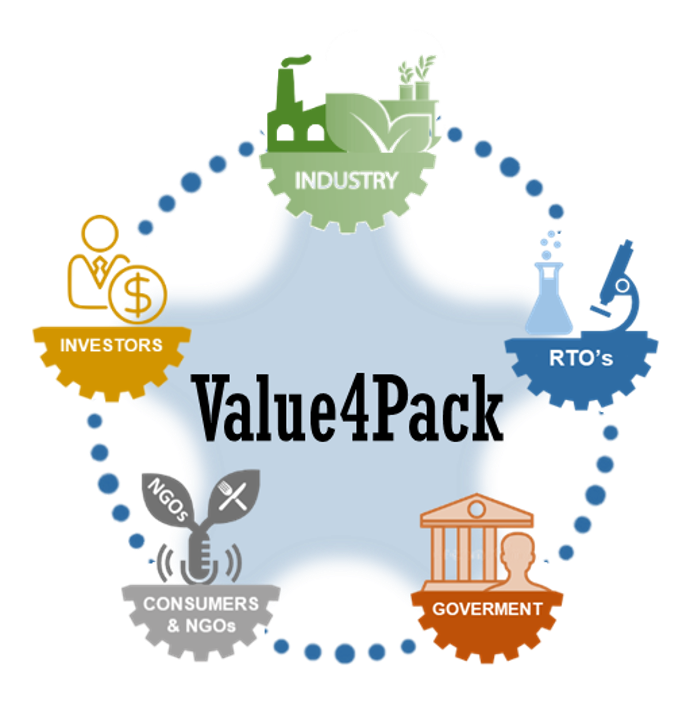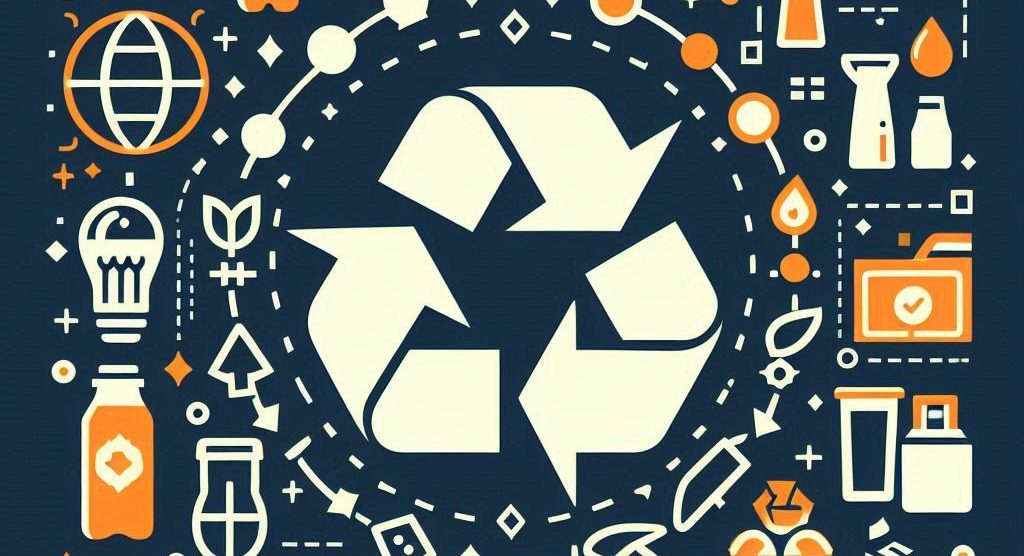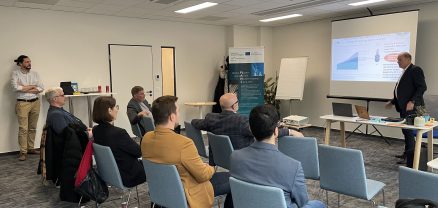Omnipack Cluster Projects – DECIDE, Plan-C, Value4Pack
The Omnipack Cluster has launched three innovative projects aimed at enhancing circular economy practices across various industries within the Danube Region. These projects are part of the Interreg Danube Transnational Programme and the European Green Deal, focusing on sustainable development and technology transfer. Below is a summary of each project:

DECIDE – Digital Services for Circular Economy
Duration: January 1, 2024 – June 30, 2026
Project Scope: 7 EU member states (Austria, Bulgaria, Croatia, Germany, Hungary, Romania, Slovenia), 3 neighboring countries (Moldova, Serbia, Bosnia and Herzegovina), 16 project partners from 10 countries.
Objective: To enhance innovation and technology transfer within the Danube Region by implementing successful circular economy business models (CEBM) across various sectors such as food, textiles, packaging, batteries, and smart cities. The project aims to address regulatory and infrastructure challenges by developing tools and methods for SMEs, startups, and economic developers.
Key Activities:
Identification and implementation of successful CEBMs.
Development of innovative tools and methods, including blockchain technology for monitoring.
Conducting simulations and practical pilot projects.
Providing targeted training to increase institutional capacity and knowledge transfer.
Expected Outcomes:
Increased institutional capacity for 39 organizations.
Successful implementation and scaling of one solution by participating organizations.
Website: DECIDE Project

Plan-C – Moving Plastics and Machine Industry Towards Circularity
Duration: January 1, 2024 – June 30, 2026
Area: 9 countries, 14 partners
Objective: To transform the plastics value chain in the Danube Region by promoting circular economy practices. The project focuses on increasing recycling rates and developing circular solutions for the plastics and machine industries.
Key Activities:
Promoting transnational cooperation among stakeholders in the plastics and machine industries.
Co-creating and showcasing circular plastic prototypes through technology transfer and design thinking processes.
Developing Circular Plastics Guidelines and Guidelines for Circularity in the Machine Industry. Enhancing knowledge and capacities through strategic partnerships and policy stakeholder integration.
Expected Outcomes:
Collaboration among over 140 enterprises to implement circular economy principles.
Capacity building for at least 70 organizations in the plastics value chain.
Development of a Transnational Action Plan to embed circular economy principles.
Website: Plan-C Project

Value4Pack – Advancing Sustainable Food Packaging
Objective: To support the transition of the European food packaging value chain to a circular economy. The project emphasizes prevention, reduction, recycling, and reuse of food packaging materials to align with the EU Green Deal goals.
Key Activities:
Facilitating interregional cooperation and innovation in the food packaging value chain.
Conducting interregional value chain analysis to identify innovation gaps.
Organizing matchmaking and networking events to promote cross-fertilization of innovations.
Supporting SMEs with targeted assistance for innovation and investment.
Developing regional roadmaps and a joint-action plan for interregional investments.
Expected Outcomes:
Enhanced capacity for companies to engage in interregional innovation projects.
Development of new business ideas and concrete interregional investment projects.
Evidence-based policy interventions to support long-term innovation in food packaging.
LinkedIn: Value4Pack Project
These projects collectively aim to drive forward the circular economy in the Danube Region by fostering innovation, collaboration, and sustainable practices across key industries.
Image: Bing

Do not hesitate to contact us
Get in touch, if you have any question


